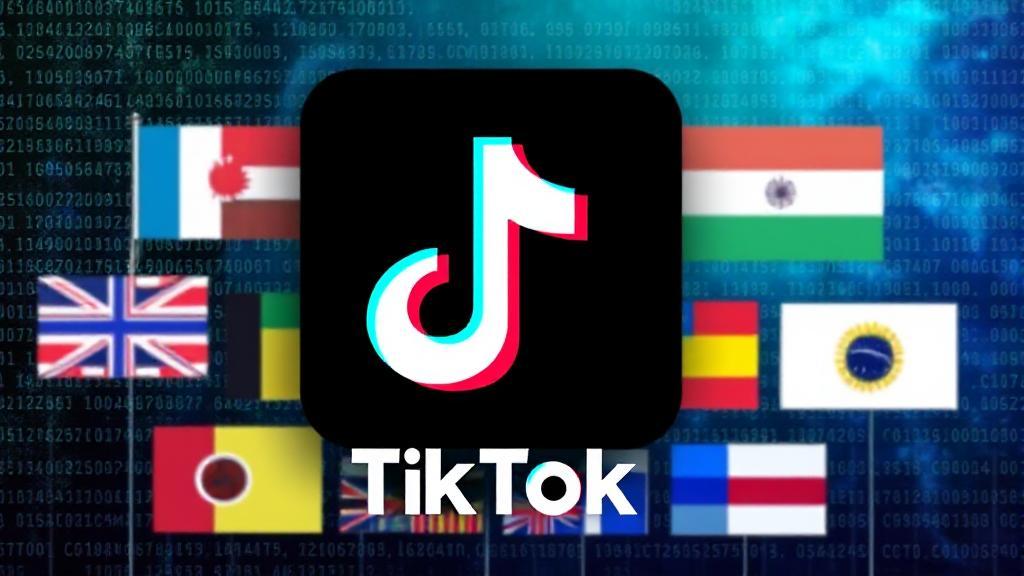The Rise and Controversy of TikTok
TikTok, launched in 2016 by Chinese company ByteDance, has quickly become one of the most influential social media platforms globally. With over 1 billion active users across 150 markets and 75 languages, the app's meteoric rise has been accompanied by increasing scrutiny and controversy.
Key Statistics and Growth
- Over 1 billion active users worldwide as of 2023
- Most downloaded app in 2020 and 2021
- Available in over 150 markets and 75 languages
Security Concerns and Data Privacy
Data Collection Practices
TikTok collects extensive user data, including:
- Location information
- Device information
- Browsing history
- Personal preferences
- Biometric data
The TikTok Privacy Policy outlines these data collection practices, but concerns persist about how this information is used and protected.
"TikTok is a modern-day Trojan horse of the Chinese Communist Party"
- FCC Commissioner Brendan Carr
National Security Implications
Security experts have highlighted several risks:
- Algorithm manipulation potential
- Information warfare capabilities
- Influence operations
- Data harvesting
Government Actions and Bans
Several countries have already taken action against TikTok:
- India banned TikTok in June 2020, along with 58 other Chinese apps
- Montana became the first US state to pass a complete TikTok ban
- Multiple government institutions worldwide have banned the app on official devices
Global Responses
European Union
The EU has focused on ensuring compliance with its General Data Protection Regulation (GDPR), conducting investigations and imposing fines for alleged violations.
Australia and Japan
Both countries have reviewed TikTok's data practices but opted for monitoring rather than outright bans.
TikTok's Response and Adaptation
Transparency Initiatives
TikTok has implemented several measures to address concerns:
- Opened transparency centers
- Committed to local data storage
- Increased regulatory compliance
- Enhanced security measures
Impact on Users and Businesses
Business Impact
| Sector | Potential Impact |
|---|---|
| Influencer Marketing | Severe disruption |
| E-commerce | Loss of social commerce channel |
| Digital Advertising | Need for alternative platforms |
| Entertainment | Reduced viral marketing opportunities |
Alternative Platforms
If TikTok faces bans, users can consider:
Preparing for the Future
Recommendations for Users and Creators
- Build presence on alternative platforms
- Back up content regularly
- Diversify marketing strategies
- Maintain direct communication channels with followers
Potential Scenarios
- Increased Regulation: Stricter oversight and data protection requirements
- Forced Sale: Potential acquisition by Western companies
- Regional Restrictions: Varied accessibility across different countries
- Enhanced Compliance: Implementation of stronger security measures
The future of TikTok remains uncertain, balanced between its massive cultural influence and serious security concerns. While complete bans are possible, the platform continues to evolve and adapt to regulatory challenges. Users and businesses should remain flexible and maintain diversified digital strategies as the situation develops.
